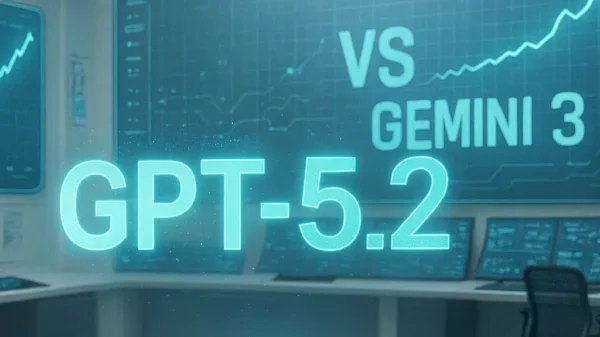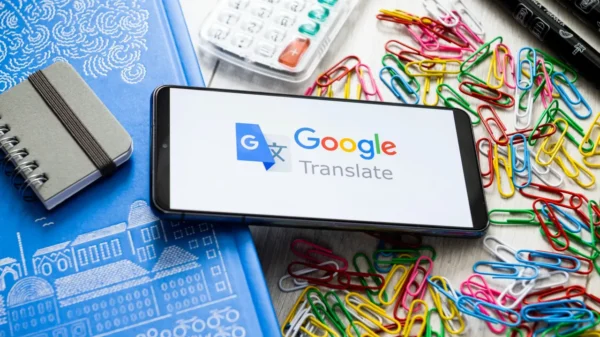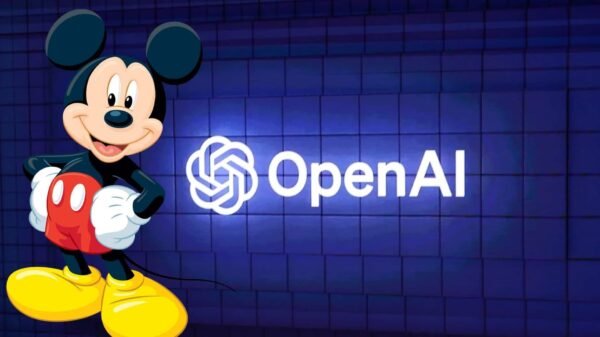In an interview, Bolt CEO Markus Villig stated the Estonian ride-hailing and food delivery firm will be profitable in 12 months and ready for an IPO in 2025.
In January 2018, the Uber rival received 628 million euros from investors, valued at over $8 billion.
“We expect to be the first European mobility platform that will be fully profitable over the next 12 months,” said Villig, who doesn’t drive. Uber expects operating income profitability this year.
Villig, 29, will prepare Bolt for an IPO rather than another fundraising round. “We are planning to be ready to go public in 2025,” he added, adding that market conditions will determine the choice.
Fifty million of its 150 million clients come from Africa, where the business rents electric scooters, shares cars, and delivers groceries.”Out of all the African countries, we’ve so far only launched in seven… over the next 10 years Africa remains a massive opportunity for us,” Villig added.
Bolt is also considering improving Africa’s payment system, where mobile phones outnumber bank accounts. “Maybe we should go into that one day,” he remarked.
Villig said the platform processes single-digit billions of dollars in transactions annually.
It expects its grocery operation to break even or profit in two or three years.
Bolt, Eat Takeaway.com (TKWY.AS), and Uber Eats are raising delivery prices to pay greater salaries as some nations tighten down on the gig business, making grocery delivery a competitive market.
The COVID-19 epidemic strengthened the food delivery industry, but rising prices have caused customers to limit discretionary spending.
Bolt’s main business is ride-hailing. Its fee is 20% to 23% of the fare, although drivers can reduce it to 10% by displaying a Bolt sticker on their automobiles.
“Our philosophy is not always to be the cheapest rider… the mistake that some platforms make is that if you only focus on the lowest prices, you can end up with very bad availability of cars because drivers will be unhappy,” Villig added.

















































